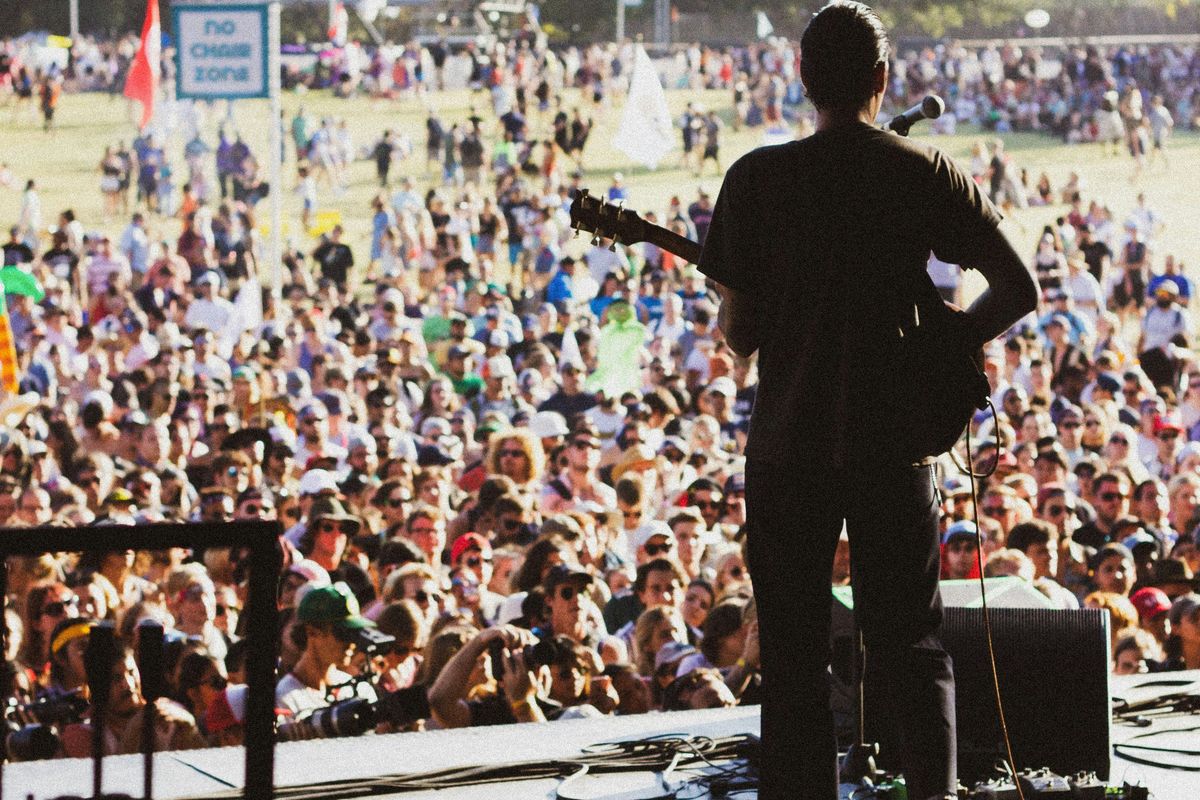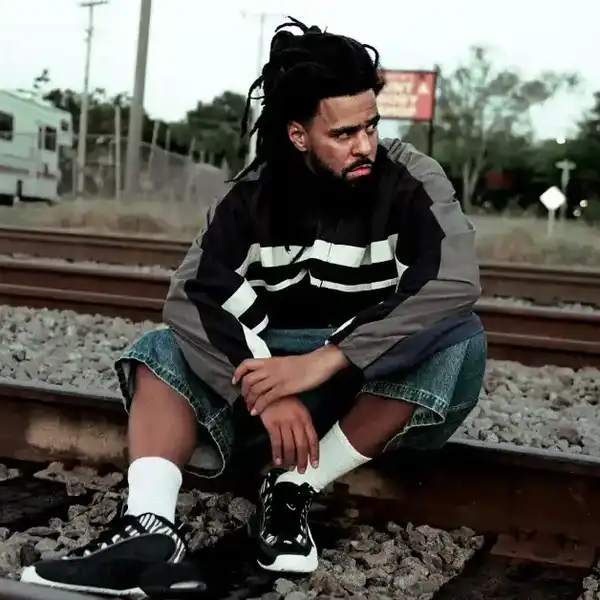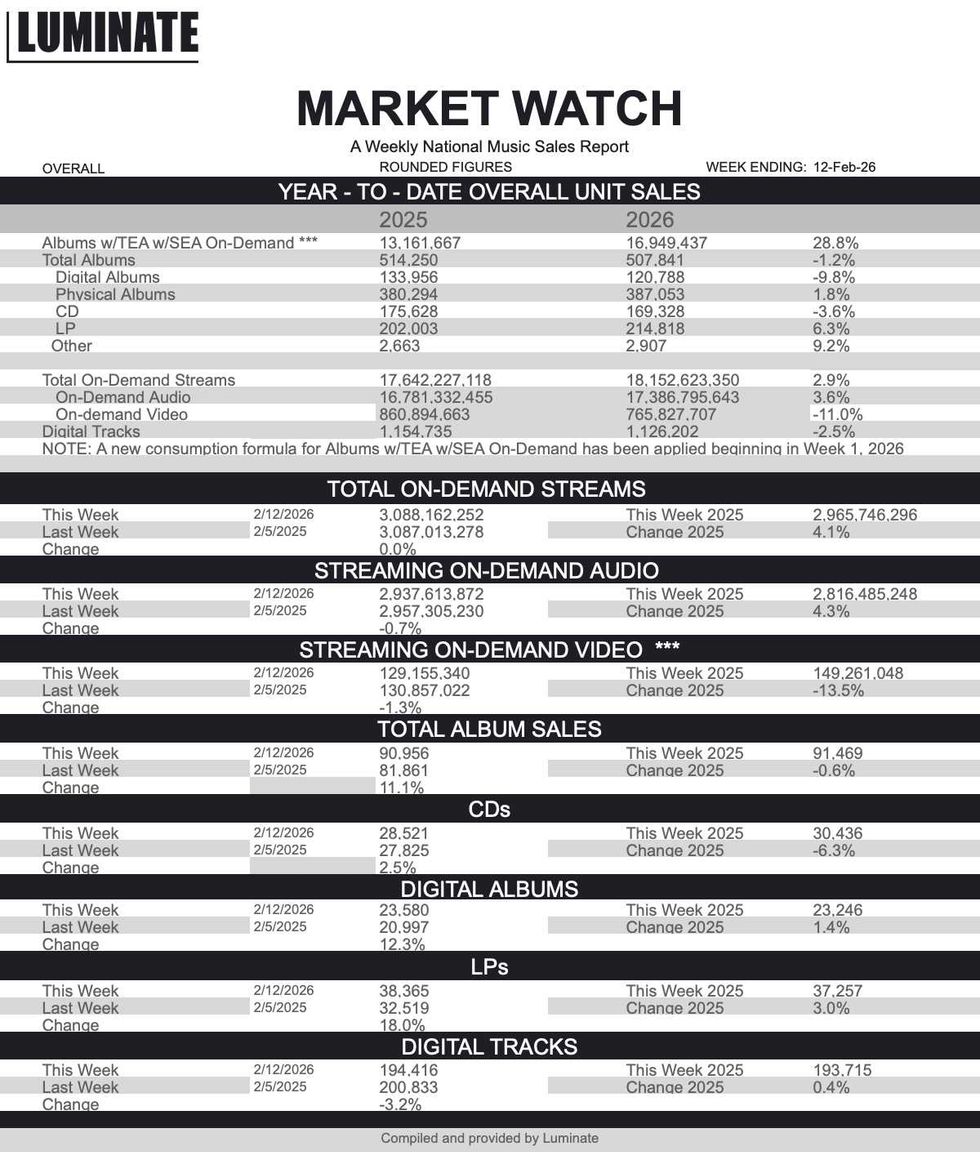'COVID Ripped Up the Playbook': These Canadian Music Festivals Have Called For Support or Closed Since 2023
Festivals are facing tough post-lockdown circumstances, from rising production costs to fewer corporate sponsorships to hesitant audiences.

It's no secret that Canadian festivals have been facing hard times.
The post-lockdown years have seen high profile festivals filing for creditor protection, like Montreal's comedy behemoth Just for Laughs; scrambling to reorganize or downsize programming, like Toronto Jazz Festival and Calgary's JazzYYC, after TD withdrew sponsorship; or cancelling editions altogether, like Toronto food and culture festival Taste of the Danforth.
Of course, major festivals closed before the pandemic too, for a range of reasons. And many festivals wind down naturally, through generational or leadership shifts. But Erin Benjamin of the Canadian Live Music Association agrees that festivals are facing a difficult landscape in the years after 2020.
"COVID ripped up the playbook," she tells Billboard Canada.
"The cost of goods and services and labour and talent is extremely high," Benjamin says. "And it continues to go up."
Audience habits have shifted, too. She notes that festival-goers are definitely buying tickets later, leaving event planners with cash flow troubles.
In its 2025 Hear and Now report, the Canadian Live Music Association states that in 2024, the problem stretched beyond Canada. "Cancelled tours and festivals due to lower ticket sales, rising costs, and environmental impacts has led to overall industry decline," authors write. "High prices for top acts are exhausting fan budgets leaving less for mid-range artists."
International mega-music festivals aren't immune. After slow ticket sales in 2024, more than half of Coachella's 2025 general admission attendees bought tickets through payment plans.
When festivals shut down, particularly small and mid-sized fests like the Canadian ones included below, people lose a connection to local history and a chance to meet their neighbours. Benjamin adds that arts workers lose livelihoods, while local communities lose economic impact.
If the live industry is facing hurdles, it's also true that music tourism is still a popular vacation choice. "We've got to capitalize on that music tourism piece here in Canada," Benjamin says. "We have incredible infrastructure already. We need to take care of our infrastructure, need to continue to create opportunities for artists."
Benjamin adds that each level of government — municipal, provincial and federal — has a role to play in harnessing that potential.
Every festival faces its own particular set of circumstances that help secure or deny that next edition. But it's clear that conditions across the industry are putting pressure on festivals, from Newfoundland to British Columbia. Here are seven Canadian festivals that have either called for support or closed down entirely in the last two years, and the kinds of problems and solutions they're encountering.
Beaches Jazz Festival
Beaches Jazz Festival, one of Toronto's biggest summer events, put out a direct call to businesses for sponsorship in March. The free music festival draws 800,000 people annually and is in its 37th year. Amidst a wave of cultural nationalism, the festival called on businesses to support local arts and culture.
"This call goes beyond just Beaches Jazz," Founder Lido Chilelli told Billboard Canada. "It’s a larger conversation about ensuring that Canada’s cultural events remain strong and independent."
Chilelli said that Beaches Jazz Festival typically sees strong interest from sponsors early in the year, but conversations had been slower this time around.
Beaches Jazz Festival returns in July.
Festival Sur le Canal
Montreal's Festival Sur le Canal had cancelled its 18th edition earlier this year. The local festival takes place along the city's LaChine Canal and programs free concerts featuring emerging artists. After going public with financial pressures, though, the festival received an outpouring of support from local politicians and businesses.
Co-Founder Carl Comeau had previously told CBC that production costs have exploded by around 40% following pandemic lockdowns. Sponsors are tricker to secure, too, and the bureaucratic labour required in applying for funding can be a major hurdle. Free, local festivals like Festival Sur le Canal are part of what give Montreal and Quebec such a strong cultural reputation and make the province a summer tourism draw, but in a tough landscape their future is far from guaranteed.
This year, though, the show will go on, from June 11-13.
Newfoundland & Labrador Folk Festival
The Newfoundland and Labrador Folk Arts Society launched a "Save our Festival" fundraising campaign earlier this year, raising money for the nearly 50-year-old St. John's-based festival.
"We are in danger, in severe danger of closing not just the folk festival, but the Folk Art Society as a whole. And nobody wants that," former Executive Director Julie Vogt told CBC News.
The organization lost roughly 100K last year, amidst programming big-name American acts like Emmylou Harris and Steve Earle. Vogt has returned to bring financial expertise back to the organization, which has struggled to find a qualified treasurer.
"We are going to turn this around with corporate donations," Vogt says.
The 2025 edition runs July 11-13.
Regina Folk Festival
The Regina Folk Festival announced in March that after 50 years, it's closing up shop. After taking a year off in 2024, the festival had planned a 53rd edition for this summer, but the board of directors instead cancelled, revealing that "economic challenges have become insurmountable."
"Ongoing financial pressures from the pandemic, including stagnant or reduced funding, rising costs, and declining ticket sales, have created obstacles we can no longer overcome," said the statement.
Vancouver Folk Festival
In 2023, the Vancouver Folk Festival Board shocked the folk community by announcing the landmark festival was closing and dissolving its board. The announcement cited pandemic-related challenges and increased production costs. Following the announcement, though, donations poured in, and the B.C. government announced a $30-million fund providing grants to live events. The festival bounced back and went ahead with a smaller 2023 edition.
Vancouver Folk Festival returns this summer for its 48th edition, July 18-20.
Vancouver Island MusicFest
After 30 years, the Vancouver Island MusicFest — whose programming leans towards folk and roots music — announced in fall 2024 that it would be taking a year off to regroup. Now, the festival's website states that there will be no future festivals operated by Comox Valley Folk Society.
"Rather than dwell on our collective disappointment, we want to celebrate the incredible music, friendship, inspiration and community that this family-friendly festival has provided across thirty years," the statement reads.
The original decision for a one-year hiatus cited production costs, travel costs, decreased sponsorships and low ticket sales. Former Artistic Director Doug Cox spoke in an interview about the increasing challenges.
"The festival relied on external funding for only about four per cent of our total budget, which is extraordinary actually. Over the last few years, the trend was that we were relying more and more on that sort of funding to keep the festival going – mostly due to rising costs," he said. "It felt like it was becoming more of a gamble for the festival society each year, so that’s really why the festival stopped."
Vancouver Jazz Festival
The Vancouver Jazz Festival, which turns 40 next year, put out a call for donations earlier this year.
"I've got to be honest with you – I'm worried about the future," wrote Director of Operations Eduardo Ottoni in a newsletter, noting that the festival had cut back its programming by over half since the start of the pandemic — from 487 performances in 2019 to 171 in 2024.
Nina Horvath, Coastal Jazz's Executive Director, told Billboard Canada that funding issues stem from the loss of the festival's sponsor, TD, in 2022, coupled with rising infrastructure costs.
At the same time as it makes some hard choices, Coastal Jazz — the organization behind the festival — notes that local artists will always be a priority for the festival, and that educational offerings have expanded every year since the pandemic.
The 2025 edition runs June 20-July 1.
- Canadian Live Music Association Releases The First-Ever Economic Impact Assessment of Live Music in Canada ›
- As Festival Sponsorships Dwindle, Toronto's Beaches Jazz Festival Calls On Brands To Support Canadian Arts ›
- The Canadian Live Music Association Asks for 'Urgent Action' to Protect Live Music in Canada ›
- JP Saxe Warns Fans That Upcoming Shows Could Be Cancelled Due to Low Ticket Sales | Billboard Canada ›
- Nova Scotia’s Southshore Summerfest Music Festival Is Cancelled | Billboard Canada ›
- Ontario’s Sound of Music Festival Is on the Verge of Shutting Down Without 'Urgent Financial Support' | Billboard Canada ›
- Le Sound of Music Festival en Ontario pourrait fermer sans « soutien financier urgent » | Billboard Canada ›
- Burlington, Ontario's Sound of Music Festival Faces Uncertain Future After Funding Requests Declined | Billboard Canada ›
- Le festival « La Mélodie du bonheur », à Burlington en Ontario, voit son avenir compromis après le rejet de ses demandes de financement | Billboard Canada ›
- Global Report Finds Canadians Prefer Live Music As Favourite Form of Entertainment | Billboard Canada ›
- Selon un rapport de Live Nation, les Canadiens préfèrent la musique en direct comme forme de divertissement favorite | Billboard Canada ›
- Newfoundland & Labrador Folk Festival Faces Uncertain Future After N.L. Folk Arts Society Office Closes | Billboard Canada ›
- Le Festival folklorique de Terre-Neuve-et-Labrador se retrouve dans l’incertitude après la fermeture des bureaux de la NL Folk Arts Society | Billboard Canada ›
- ‘This Moment Must Serve as a Call to Action’: Riverfest Elora Speaks After Closing Due to Financial Strain | Billboard Canada ›


















